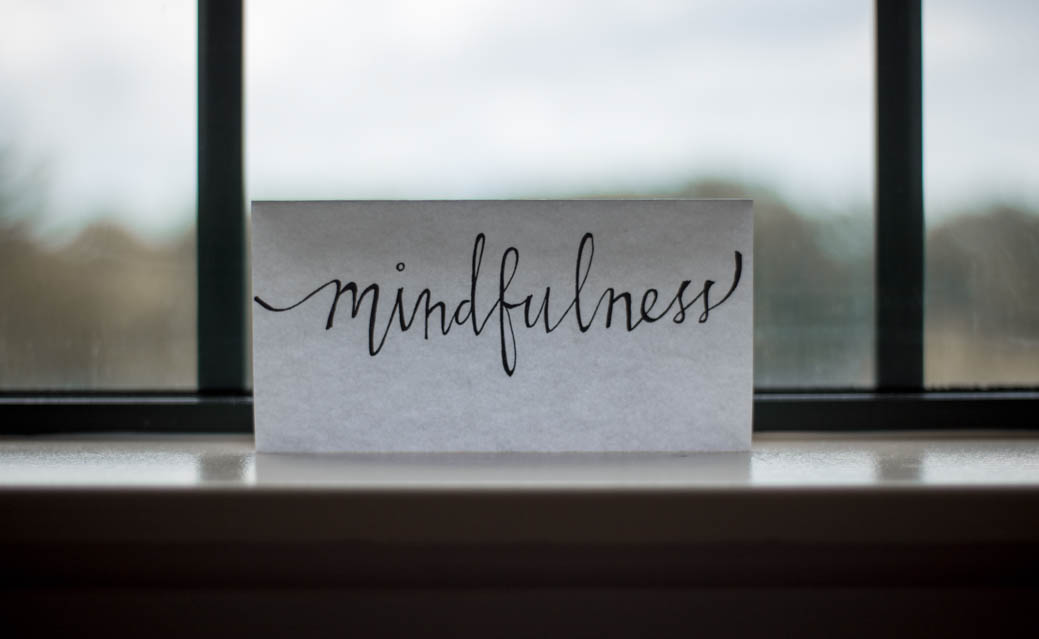Can practicing mindfulness cripple your relationships and morals?
To experience the best that mindfulness has to offer, when and how you do it matters.
Buddha once said, “Our life is shaped by our mind, for we become what we think.” But what if our lack of self-aware thinking shapes us into egotistical individuals?
Mindfulness is the mental state that emerges from focusing awareness on the present moment by acknowledging one’s thoughts and feelings without criticism or judgment. With roots in Buddhist and Hindu traditions, mindfulness has become an increasingly common practice in the West because of the positive outcomes it yields. Many people, from employers to teachers, recommend mindfulness in their workplace. There are many approaches to mindfulness, the most popular being to focus on breathing or pay intense attention to the sensations in your body. Some benefits of mindful exercises include better sleep, improved attention, less stress, and risk of burnout.
According to scientific research, however, there are some undesired effects of mindfulness that we should consider.
Andrew Hafenbrack, assistant professor of Management and Organization at the University of Washington, conducted a study examining whether our mental state at meditation time and our social context might influence the effects of mindfulness on our behaviour. “Cultivating mindfulness can distract people from their own transgressions and interpersonal obligations, occasionally relaxing one’s moral compass,” says Hafenbrack.
Hafenbrack designed a series of eight experiments involving a total sample of 1,400 people for his study. In one experiment, participants wrote about a situation that made them feel guilty. Half of the participants practiced a mindful breathing exercise, while the other half let their minds wander. The participants then filled out a questionnaire that measured their feelings of guilt. In addition, participants were told to imagine they had $100. They then recorded how much they’d donate to the person they wronged for their birthday. Participants who had done the mindfulness meditation reported less remorse and generosity. They were willing to donate $33.39 on average, while the other half were willing to give $40.70—a nearly 20 per cent difference.
In another experiment, Hafenbrack divided participants into three groups. Some participants practiced mindful breathing, others let their minds wander, and a third group browsed the web. Two independent judges rated apology letters written by participants to people they had wronged. The results found that people who practiced mindfulness offered less sincere apologies than those in the other two groups.
These results signify that mindful meditation muted their willingness to make amends and feelings of guilt. The remaining experiments suggest that this is true in various scenarios.
It is important to remember that the Buddhist and Hindu origins of mindfulness came with ethical guidance and collectivist ideas that are largely ignored in the West, which is largely individualistic.
The results of this study, and others like it, are exemplified in many everyday situations. Consider some of your favourite influencers or celebrities. At the beginning of the Covid-19 pandemic, many celebrities preached mindfulness as a way to relieve stress during lockdowns. One may argue that this technique only made them more self-centred and closed off from reality. As celebrities and influencers are notorious for being tone-deaf concerning real-world issues, practicing mindfulness may contribute to their lack of conscientiousness. This meditation may play a role in disconnecting them from the uncomfortable feelings that come from learning about the harsh truths of the pandemic.
Furthermore, people who are on a journey of self-betterment may practice mindfulness to drown out the noise in their lives. The downside could be that such individuals may become less likely to take accountability for their harmful actions and behaviours. In being mindful of one’s positive thoughts and feelings, we may overlook the unfavourable qualities we possess that are hurting our relationships. According to Hafenbrack, “If we ‘artificially’ reduce our guilt by meditating it away, we may end up with worse or even fewer relationships.”
But this is only a potential side-effect based on studies involving specific contexts. For instance, Hafenbrack’s studies were conducted when participants had guilt on their minds. “We shouldn’t over-generalize and conclude that mindfulness makes you a worse person,” he says. He suggests that the results of his study shouldn’t discourage us from meditating but rather when and how we do so.
Self-awareness is a very important trait that may be dimmed by practicing mindfulness at certain times. For example, try to avoid engaging in such exercises after you argued with a friend. Mindfulness may make you feel less guilt, remorse, and consequently more selfish regarding that situation. Thus, it may be helpful to turn to other techniques during times of interpersonal conflict.
Hafenbrack suspects the practice of mindfulness can be useful based on factors such as the meditator’s personality, motivation, and beliefs. He examined a technique called “loving-kindness meditation” which is inspired by the Buddhist practice of Metta Bhavana. It involves contemplating the people in your life and sending them good wishes. He found that it increased people’s intentions to right their wrongs. “It can help people feel less bad and focus on the present moment, without having the risk of reducing the desire to repair relationships,” he says.
Mindfulness is a helpful technique that can bring about peace and relaxation in your life. But to experience the best that this meditation has to offer, it is crucial to be more mindful of when and how you do it.

